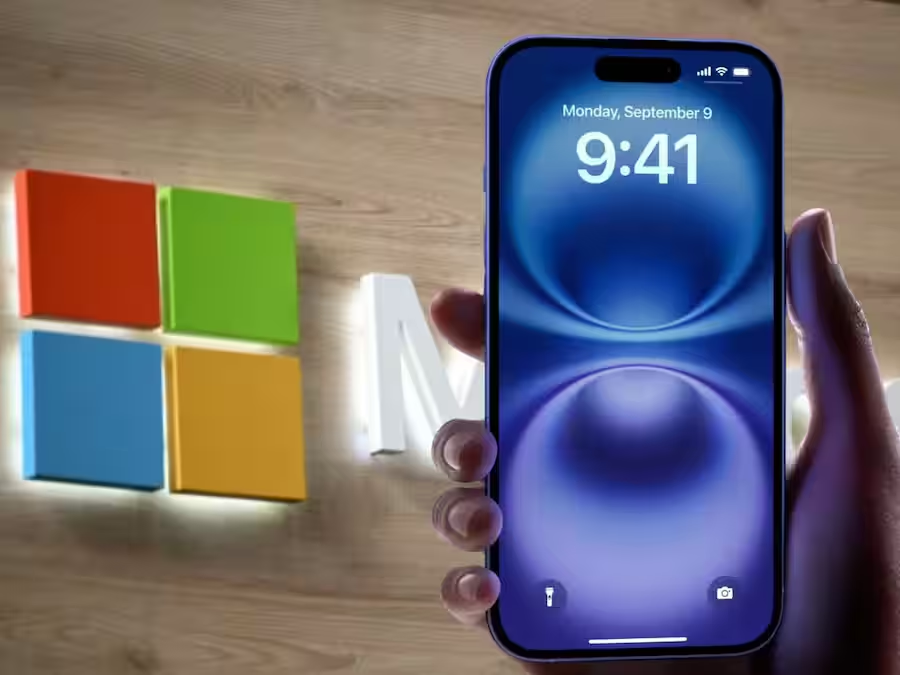The mobile app development industry is transformative and growing at a rapid rate. It has altered the way people live, work, and relate to each other. Because smartphones have become a necessity in the modern world, there is great competition among businesses and developers to offer the best mobile applications . Mobile App Development Trends have Artificial Intelligence Integration, Augmented Reality User Interaction Enhancing Trends and so on. This blog aims to highlight developing mobile app development trends and how these trends are influencing technology progress.
5G Technology: Fast-Tracking the Mobile App Development
What has been the most outstanding development in recent years is the global acceptance of 5G technology. 5G boasts of faster speed, less latency and enhanced connections even in difficult circumstances when compared to 4G. This is projected to change the mobile applications industry as processing of data in applications will be instant, download speeds will be increased and the user experience will be smooth and enjoyable.
Thanks to the operating speed of 5G, the app-developing capabilities have expanded even more. Earlier one couldn’t imagine creating an app with Augmented Reality (AR) or Virtual Reality (VR) and while also having streaming video within the app. The even higher bandwidth of 5G promotes the development of IoT on a new level as more devices connected will mean that they will be able to share information more efficiently within smart devices, homes, cities and other industries.
2. Artificial Intelligence and Machine Learning: Personalization and Efficiency
Artificial intelligence (AI) and machine learning (ML) have become integral to mobile app development, providing a personalized experience for users while enhancing app functionality. AI enables apps to “learn” from user behavior, making predictions, offering recommendations, and automating tasks.
For example, apps like Netflix and Spotify use AI algorithms to recommend movies, music, and shows based on individual preferences and viewing/listening history. Similarly, AI-powered virtual assistants like Siri and Google Assistant make user interaction more natural and intuitive, responding to voice commands and providing personalized responses.
AI is also revolutionizing mobile app security, particularly with biometric authentication systems such as facial recognition and fingerprint scanning. Machine learning algorithms continuously improve the accuracy of these systems, making them more secure and user-friendly.
In the near future, we can expect AI to enhance mobile app development further, with smarter chatbots, predictive text input, and real-time language translation becoming more common. AI-driven apps will likely evolve to anticipate user needs, offering personalized recommendations and automating mundane tasks with even greater precision.
3. Augmented Reality (AR) and Virtual Reality (VR): Helping in Improving User Interaction Augmented reality (AR) as well as virtual reality (VR) are increasingly being adopted as some of the technologies that are revolutionizing mobile application development in areas such as Gaming, Retail and Education. These engaging technologies unify the real and imagined worlds, thus providing users with a better and more exciting experience.
It can be noted that AR in particular is growing fast in in applications found in Smartphones. Many popular examples include Snapchat AR filters or Gamming App Pokémon Go which instilled AR in the society. Accordingly, the reality does not only take in the game and entertainment mechanisms. For instance, consumers have been able to envisage how their homes would look like with furniture thanks to its use in retailing by companies like IKEA. In the same way, AR assists beauty product sellers in allowing their customers to “fit” the beauty products on themselves without physically doing so, making the buying process easy.
With virtual reality mostly applied in games and training simulation or modeling activities, it has also found a place in the development of mobile applications. Google Cardboard and Oculus are examples of applications that allow users to enjoy high definitions of virtual reality through their mobile phones. With More and more users are utilizing VR devices, we can definitely predict that there will be a rise in mobile applications that will employ VR technologies.
4. Blockchain Technology: Increasing Protection and Clarity
This is the technology that most people know of in cryptocurrency circles yet are proving to be very useful in many mobile applications’ developments, especially those that require high levels of security and transparency. The very nature of the blockchain makes sure data is held in a secure vault where no information can be changed without consent of every participant, hence ideal for apps with a lot of private data.
More financial apps are now including this technology, allowing users to conduct business with confidence in the integrity of their transactions. It is also being used in other fields such as medicine, where its implementation will enable electronic health record systems to offer managed patient record Access while maintaining full confidentiality of the individual patient’s data. Also, apps founded on blockchain technology are mostly used in mobile phones for management of the supply chain where they assist in tracing the transport of products while mitigating any malpractices and creating visibility.
As more and more organizations come to appreciate the ability of blockchain to secure data, the use of blockchain-enabled applications in mobile phones is likely to cut across all sectors of mobile apps and therefore health, banking, transportation, civil services, and so on.
5. The Rise of Instant Apps: No Download Necessary
Instant apps, a relatively new trend in mobile app development, allow users to access app content without the need to download and install the full application. These “lightweight” apps enable users to try out features or complete specific tasks without committing to a full download, saving time and device storage.
For developers, instant apps provide an opportunity to showcase their apps’ core functionality, encouraging users to download the full version. From a user perspective, instant apps offer convenience and accessibility, particularly for one-time-use apps or apps that require quick, on-the-go access.
Instant apps are especially beneficial for e-commerce businesses, where users can browse products and make purchases without downloading the entire app. As more developers adopt this technology, we can expect instant apps to become more prevalent, improving the user experience by offering seamless access to app functionality.
To Summarize
The prospective future of mobile application development is under a disruption due to advancements in technology with different concepts like 5G, AI, AR/VR, blockchain and IoT coming into play. These technologies are allowing the developers to build more imaginative, safe and tailored applications that can cater for the ever-increasing demand for mobile applications by the commercial and consumer market.
As these trends are enhanced, the mobile apps will be more useful in people’s lives’ leading to a more convenient, engaging and efficient way of living. Developers and businesses that emphasize on these trends will manage to survive the fast becoming dynamic world of mobile applications by availing solutions that are more advanced and improve use of technology.

















One Response